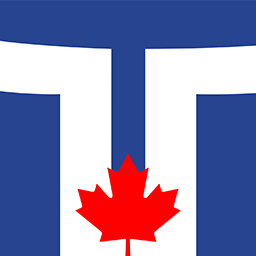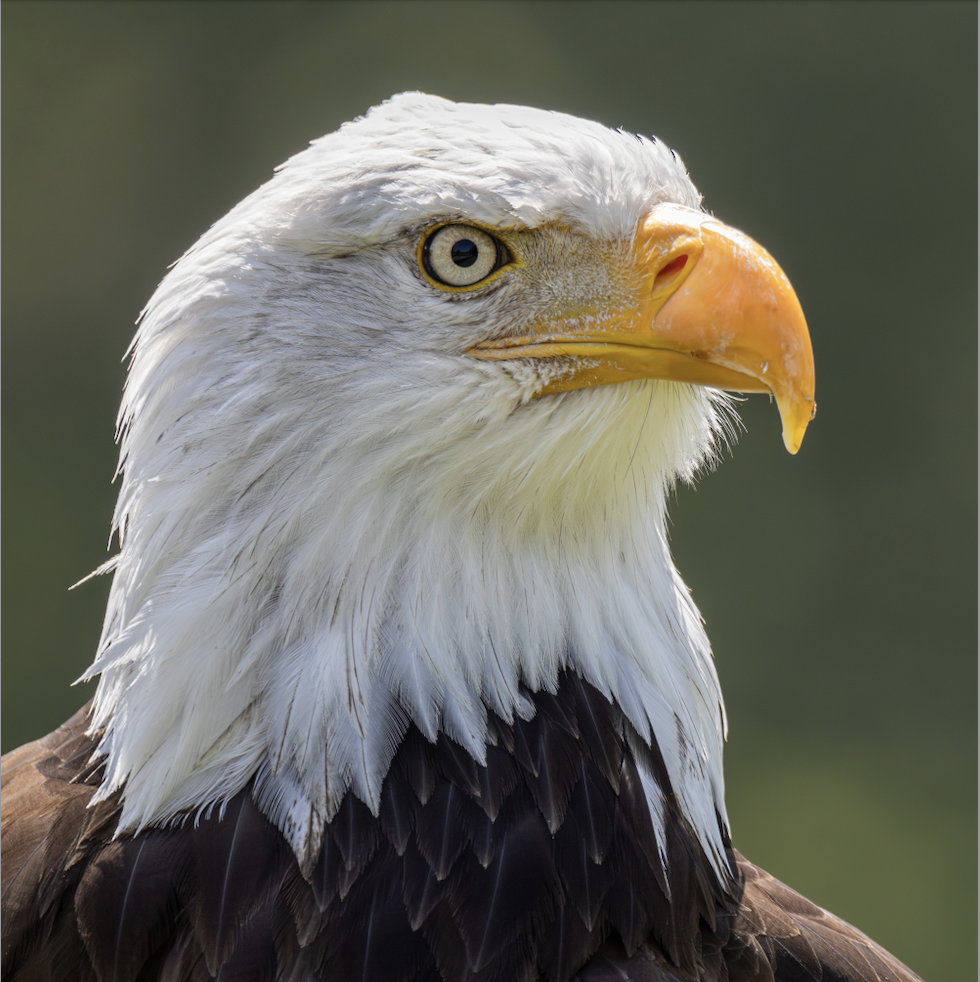

Black tea: Yorkshire Gold (by Taylor’s of Harrowgate). Other: Celestial Seasonings Sleepy Time tea


Black tea: Yorkshire Gold (by Taylor’s of Harrowgate). Other: Celestial Seasonings Sleepy Time tea
#allbirdsarebeautiful
https://kids.frontiersin.org/articles/10.3389/frym.2021.622811/full
From all this research, it seems that the similarities between human and animal emotions might be closer than we would have expected a few decades ago. Animals react to their environments much as humans do. They respond emotionally to others and they evaluate situations in a similar way, becoming stressed and anxious in times of danger. While we may never know exactly how animals feel, studies have found that there are definite behavioural and physiological similarities in emotional expressions between humans and animals. We can thus infer, with quite some confidence, that animals can feel emotions. The more we discover about the behavioural and physiological components of emotions in animals, the more we understand about emotions, including our own ones, and how they affect the way we behave in our world.
I’m glad I’m not the only one who’s had difficulty getting through ISL (which is great)


You can be a trans ally regardless of how you identify gender-wise or how you feel about sharing your preferred pronouns to others.
There’s more than one way to be trans. But the mainstream centres a certain trans experience/narrative above all others that includes the gender binary and presuming everyone has enough privilege, safety, and support that they can broadcast their pronouns widely without risk of discrimination, job loss, etc. A lot of trans people do not enjoy that level of freedom of expression - temporarily while in transition or migrating to safer place, or permanently. It’s not uncommon to meet trans people who are critical of ‘pronoun culture’, which can refer to institutions doing the bare minimum to present a picture of inclusivity while failing to acknowledge current barriers.
I identify differently in different contexts, because disclosing my preferred pronouns is my right and I’m not going to do it to the detriment of my safety. Other people and institutions have to earn that trust first. So I generally don’t broadcast pronouns, and they aren’t that important to me. But when I see other people using them, I appreciate the roadmap for how they’d like me to interact with them.
I get a bit of a sense you might not yet have found an identity that really resonates with you. For me, feeling disconnected from my core sense of gender and feeling dissatisfied with life are highly associated.
I hope he’s enjoying his meal as he is soaked


Talk like that worries Toronto Coun. Gord Perks, who chairs the city’s planning and housing committee: “What happens to the city of Toronto if nurses can’t live here? If people working in your local grocery store can’t afford to live here? If the people who work in your local packing plant can’t afford to live here? What does Toronto become? It’s not a pretty picture. It’s a terrible, terrible future.”
From July 1, 2020-2021, the most recent year for which detailed migration data is available, 203,115 people left Toronto while 92,175 people relocated there from within Canada. Nearly 80 per cent of those who left the city stayed in Ontario while 20 per cent left the province for another part of the country. “I don’t think any community can thrive without a strong middle class and that’s essentially who’s leaving,” said Moffatt [senior director of policy and innovation at the Smart Prosperity Institute and an assistant professor in the business, economics and public policy group at Western University]. “It’s a massive problem.”
It’s a problem not just for Toronto but for the municipalities that these urbanites are flooding into that lack the infrastructure to support their new residents. [Moffatt] uses his own hometown of London, Ont., as an example. City council adopted its official plan in 2016, which projected a population of 458,000 on Canada Day in the year 2035. As of last Canada Day, the population is 474,000. “In a matter of seven years, it’s already had 20 years of growth,” he said.
Everybody should be worried about Toronto becoming the next San Francisco, said Moffatt, referring to a city now dominated by rich tech people with homes worth an awful lot of money, high rates of homelessness, and where schools now provide housing for teachers because there’s nowhere they can afford to live.


When dealers provide parts to mechanics at an inflated time or price cost, or when they use software to completely lock mechanics out from making repairs, that doesn’t really seem like it’s up to individual mechanics and their experience to me. The Chev dealer garages will have no incentive not to be awful if they’re the only ones you can bring your care to. And that’s the point


This is frightening, dystopian stuff, and i don’t understand how police and govt allow for this.
I certainly don’t have all the answers, but I see it as modern day colonialism (i.e., implicit and explicit attitudes that the ‘in-group’ has the right to displace, eradicate, and fabricate whatever it wants to establish the social order it desires in other parts of the world) with deep historical roots. As a white-skinned person of European ancestry living in the land commonly known as Canada, watching the global power brokers’ actions surrounding the Israeli government’s genocide of the Palestinian people has helped me better understand the colonialist genocide that the country I call home was founded on in terms of relations between Turtle Island/North American Indigenous Peoples and the European colonizers. I saw a great quote on Lemmy recently, something like, “those who don’t know their history will repeat it; those who seek to eliminate or rewrite history seek to recreate it.”


Has Miez always liked belly scritches? Most sources say cats don’t like being pet on their belly, but Miez seems to love it
I’d never heard the scientific name before, and I thought it sounded a little Pythonesque lol. I know them more so by (house) sparrow, and we have them in Canada too. Looking at their Wiki page, it looks like they’re pretty much everywhere. I wonder if they’re the most widely-distributed amongst the global human population bird. I find them very cute, especially when they dust-bath


Yeah, this seems decent. It never seemed like Jalen had a spot on the Raptors anyway. Sacramento knows which McDaniels they traded for, right? (I’m just hatin’ lol)
Adam Silver’s got to love this. What an exciting cough marketable cough story for next season


I’ve never seen one of these before. It’s working with a limited colour palette, but that’s a good-looking (aesthetically pleasing) bird!


I love that :P


Right on!
Stop eating. You give me pats now.